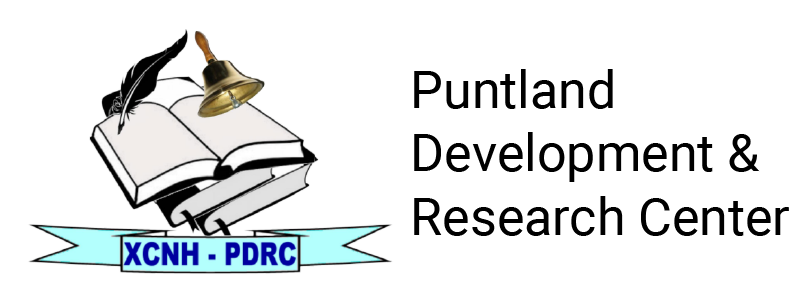- February 15, 2024
- Posted by: Muctar Hersi
- Category:

In January 2024, Puntland completed its leadership transition. Sixty-six parliamentarians were selected using the same method as before. President Said Abdullahi Deni was re-elected for his second term, winning 45 out of 66 votes. No term extension was needed. The local government elections that took place on May 25 in Puntland were considered a positive step towards democratization, despite some flaws. However, recent events have raised concerns about whether Puntland’s democratization process has stalled or if the failure to hold OPOV elections is a sign of backsliding away from direct, democratic elections. It is crucial to assess the level of support for OPOV elections among the population. Moreover, experts and citizens are grappling with the tradeoffs between holding OPOV elections and enforcing other principles of good governance, such as time-limited terms and freedom of assembly. However, there is no empirical evidence of citizens’ opinions and views on these tradeoffs.
In this brief, we report the results of a survey conducted jointly by the Puntland Development Research Center (PDRC), the Sababi Institute, and the Somali Public Agenda (SPA) during December and early January. The study aimed to understand citizen preferences regarding OPOV elections in Puntland. Specifically, we address two questions:
- Which model – OPOV versus indirect, clan-based selection – did Puntland’s citizens prefer in the context of the January elections?
- How strong are citizen preferences for OPOV elections (and other democratic norms), when balanced against competing demands?

